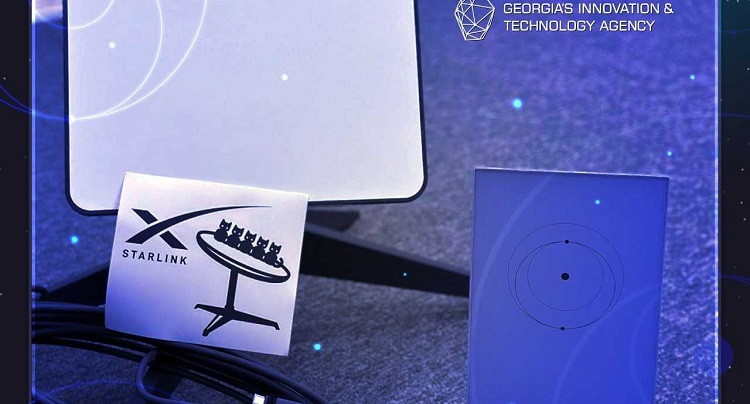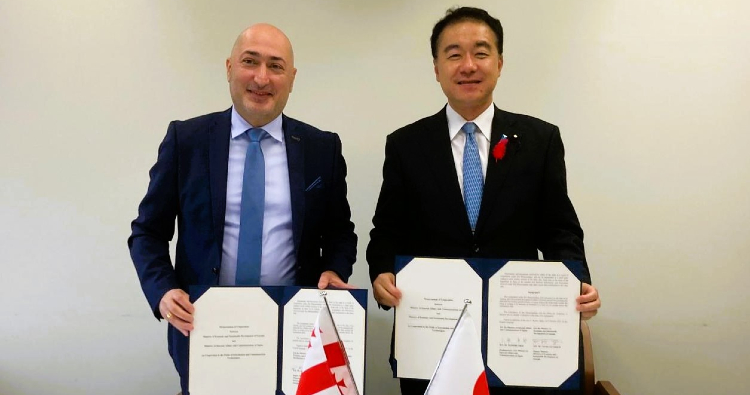Communication Commission says EU experts call for regulation of “non-competitive” fixed internet market in Georgia

An investigation by European Union experts has found the fixed internet market in Georgia to be “non-competitive”, has “negative consequences” for consumers and changing the circumstances will require regulation. Photo: Communications Commission
An investigation by European Union experts has found the fixed internet market in Georgia to be “non-competitive”, has “negative consequences” for consumers and changing the circumstances will require regulation, the National Communications Commission said on Friday.
The mobile telecommunications operator MagtiCom has been identified as a major player in the study, leading to requirements for the company to enable access to the market for other operators for creating a “more diverse and favourable” environment for customers that would be similar to Europe.
The commission said the inquiry found high-speed and high-quality internet services in the country were “significantly more expensive” than in Europe. The body added 100 MB/s optical internet in Georgia was 136 percent more expensive than the average price of a similar service in European countries in 2022.
The body mentioned Georgian operators, particularly MagtiCom, had a significantly high profitability index, with the company recording an EBITDA margin - an alternate measure of profitability to net income - of 75 percent in 2022, compared to the average 35 percent for European operators.
The conclusion drawn from these findings is that the Georgian fixed broadband internet market presents a restrictive and unfavourable environment for users. The experts suggest that regulatory intervention by the Commission could help eliminate barriers to entering the market, thereby improving market dynamics and competition, leading to better service, reduced prices and more choice for consumers”, the body said.
The investigation was carried out in cooperation with the EU and was funded by the bloc as part of their support for the implementation of the Association Agreement signed with Georgia in 2014.
 Tweet
Tweet  Share
Share



